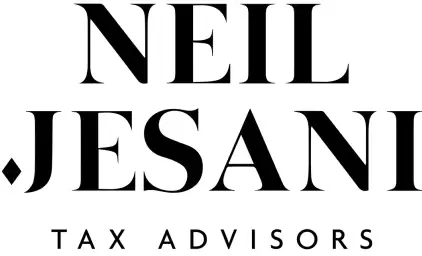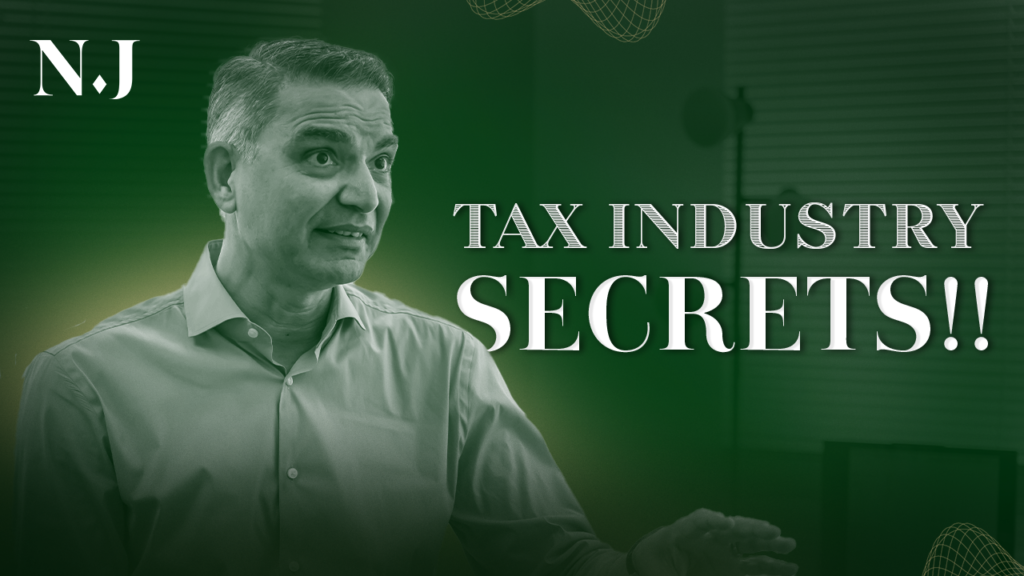The Tax and accounting industry is a crucial part of financial management for both individuals and businesses. While most people interact with their tax professionals only once a year during tax season, business owners rely on their accountants much more frequently. Despite this, there remains a significant lack of understanding about how the industry works, leading to mismatched expectations between tax professionals and their clients. Additionally, the industry is undergoing major transformations due to artificial intelligence (AI) and shifts in public perception, largely influenced by social media.
The Growing Influence of Social Media on Tax Advice
With the rise of platforms like Instagram, TikTok, Facebook, and YouTube, tax advice has become more accessible to the public. High-income individuals are often targeted by algorithm-driven content, presenting strategies to save on taxes. Many times, these strategies come from so-called “tax gurus” rather than licensed professionals. As a result, individuals approach their Certified Public Accountants (CPAs) or Enrolled Agents (EAs) with these strategies, only to be met with skepticism or outright rejection.
This disconnect leads to confusion. Clients wonder: Who is right? The tax professional with years of experience, or the social media influencer with compelling tax-saving ideas? Understanding how the industry operates can provide clarity.
The Difference Between a CPA and an EA
Before diving into the mechanics of the industry, it’s essential to understand the key players.
- Certified Public Accountant (CPA) – CPAs have extensive knowledge of both accounting and tax laws. They pass rigorous exams and meet strict licensing requirements. Their role extends beyond tax preparation to include financial planning, audits, and business consulting.
- Enrolled Agent (EA) – Unlike CPAs, EAs specialize solely in tax matters. They are federally authorized tax practitioners who pass a series of IRS exams covering individual and business tax law and compliance.
While both CPAs and EAs can assist with Tax Preparation, CPAs have a broader scope of expertise, including auditing and financial consulting, whereas EAs focus primarily on tax matters. Understanding this difference can help clients set realistic expectations when seeking financial advice.
The Mismatch of Expectations in the Tax Industry
One of the biggest challenges in the tax industry is the disconnect between what clients expect and what accountants believe their job entails.
- Clients’ Expectations: Many clients assume their tax preparer is also a tax strategist who actively finds ways to minimize their tax burden.
- Accountants’ Perspective: Most accountants see their primary role as tax compliance—filing accurate returns on time and ensuring the client follows tax laws. They are not necessarily focused on aggressive tax strategies unless explicitly hired for advisory services.
This fundamental difference in perception leads to frustration. Clients who expect proactive tax planning may feel disappointed when their accountant only prepares their tax returns. Meanwhile, accountants may feel overwhelmed by clients who demand free advice beyond standard compliance work.
The Business Model of Accounting Firms
To further understand this disconnect, it’s important to consider how accountants charge for their services.
- Hourly or Flat Fee: Most tax preparers charge a fixed fee for tax preparation. High-income earners or business owners typically pay between $500 and $5,000, depending on complexity.
- Value-Based Pricing for Advisory Services: Some accountants offer additional tax planning services, often for a higher fee ($3,000–$10,000 per year). However, many clients resist paying extra for what they perceive as part of the job.
- Time Constraints: A tax preparer handling 400+ clients a year cannot spend hours researching tax-saving strategies for each client. The business model incentivizes efficiency over deep-dive planning.
If an accountant spends too much time advising clients on tax-saving strategies without being compensated, they risk running an unprofitable business. This leads to a common industry frustration: CPAs and EAs feel undervalued and overworked, while clients feel they aren’t getting proactive advice.
Why Some High-Income Earners File Their Own Taxes
Surprisingly, a significant percentage of high-income earners (those making over $2 million annually) prepare their own tax returns using software like TurboTax. They assume that as long as they input the correct numbers, their tax returns will be compliant. Many believe their accountants offer little additional value beyond filing the paperwork.
However, this mindset overlooks the complexities of tax planning. While basic tax preparation might be straightforward, advanced tax strategies such as cost segregation, defined benefit plans, and Real Estate tax benefits require specialized knowledge that tax software cannot provide.
The Risk-Averse Nature of CPAs
When clients present new tax-saving ideas, many CPAs react cautiously. Here’s why:
- Liability Concerns – If an accountant recommends a strategy that triggers an IRS audit, they could be held responsible if the implementation wasn’t flawless.
- Compensation Structure – If an accountant is charging a flat fee, they have no incentive to spend hours researching and implementing tax strategies for free.
- Risk vs. Reward Balance – Some tax-saving strategies require precise execution. A poorly implemented plan can result in IRS penalties, even if the strategy itself is legal.
Because of these factors, many CPAs stick to conservative approaches rather than exploring more aggressive strategies that could save clients money but carry higher risks.
The Emergence of Advisory Services in Accounting
Recognizing the growing demand for tax strategy, many accounting firms are shifting toward advisory services. Some CPAs now offer tax planning packages where clients pay a premium for proactive strategy sessions.
However, many clients resist this shift, questioning why they should pay thousands of dollars for advice that they assumed was already included in their tax preparation fee. The industry is still adjusting to this shift, and many accountants are struggling to balance client expectations with the financial realities of their practice.
The Reality of Running a CPA Firm
Operating a CPA firm is more expensive than many clients realize. A skilled CPA with 10–20 years of experience earns around $200,000 per year. Factoring in overhead costs, payroll taxes, office expenses, and software, a firm must generate at least $400,000 annually per CPA just to break even.
To achieve this, many firms take on 400–1,500 clients, often outsourcing tax return preparation to countries like India or the Philippines to cut costs. While outsourcing is a practical solution, it means that clients expecting personalized service may not always get the in-depth attention they desire.
The Future of Tax and Accounting Services
The tax industry is at a crossroads. Clients expect more proactive advice, while accountants must balance profitability with service quality. Here’s what we can expect moving forward:
- Increased Use of AI: AI-driven tax software will continue to improve, automating more of the compliance work and allowing accountants to focus on advisory services.
- Higher Fees for Personalized Service: As clients demand more strategic tax planning, firms will increasingly charge for premium advisory services.
Greater Specialization: More accountants will niche down into specific industries, offering tailored strategies rather than generic tax preparation.
Final Thoughts
Understanding how the tax and accounting industry operates can help both clients and accountants set realistic expectations. If you want more than basic compliance, be prepared to invest in tax planning services. Likewise, accountants must adapt to changing client demands while ensuring their business remains profitable.
For high-income earners and business owners, proactive tax planning is invaluable. The key is finding a tax professional who offers strategic insights beyond tax compliance—while also being willing to pay for that expertise.


